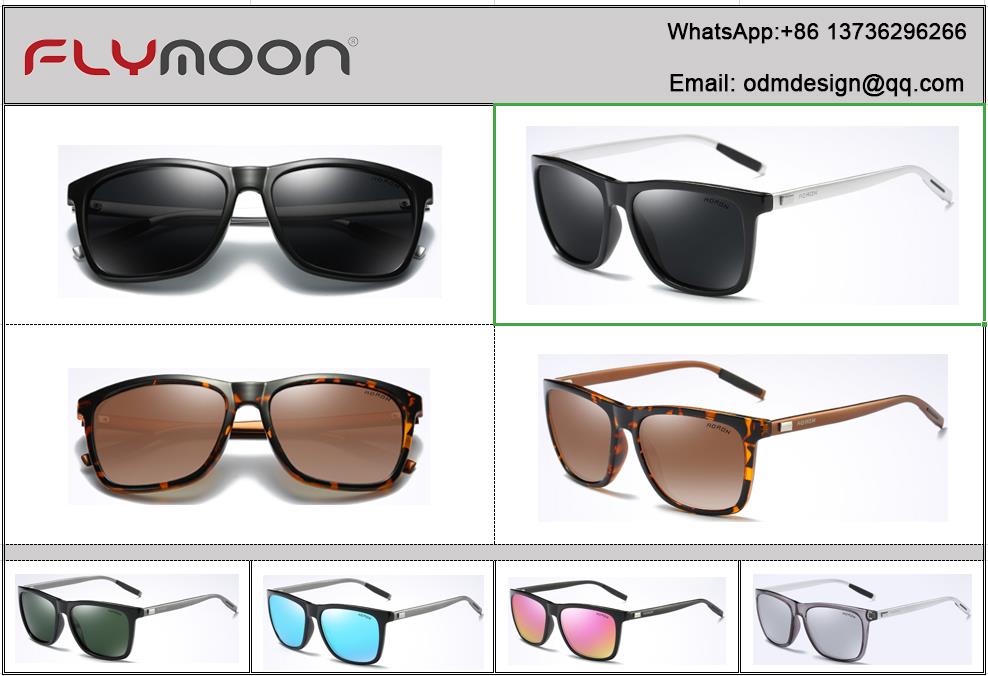

The study did not directly answer the question of whether UV protection is deteriorating. The only sure way is to test your sunglasses.
Sunglasses with recommended protection will filter out all UV rays. Ultraviolet light can damage the surface tissue of the eye, the cornea and the lens. Over time, UV damage increases the risk of cataracts, macular degeneration and other eye diseases. These conditions will reduce your vision.
Jeff Pettey, MD, assistant professor of ophthalmology at Moran Central University in Utah, USA, said, "This is different from whether UV protection in sunglasses will disappear."
The researchers found that Brazilian manufacturers' tests may underestimate the amount of UV exposure that can be caused to the glasses over time. It is unclear what these findings mean for American sunglasses testing. The exposure rate of ultraviolet radiation in Brazil is higher than that in the United States.
Although the study raises more questions than answers, Dr. Petney said consumers should not panic or rush to change their beloved color. No one currently recommends using sunglasses when retireing.
In recent years, UV blocking technology has improved. Most of today's sunglasses have UV protection embedded in the lens, not on the lens. If you are concerned about the age and safety of your sunglasses, you can test them in an optical shop with a UV meter.
If you're ready to buy a pair of new sunglasses, Dr. Pettey offers these tips to choose the most protective sunglasses: look for a label that says "100% UVA and UVB" or "100% UV Protection 400". Choose a larger frame that covers the eyes and surrounding skin. The frame wrapped around the sides of the face provides maximum protection.